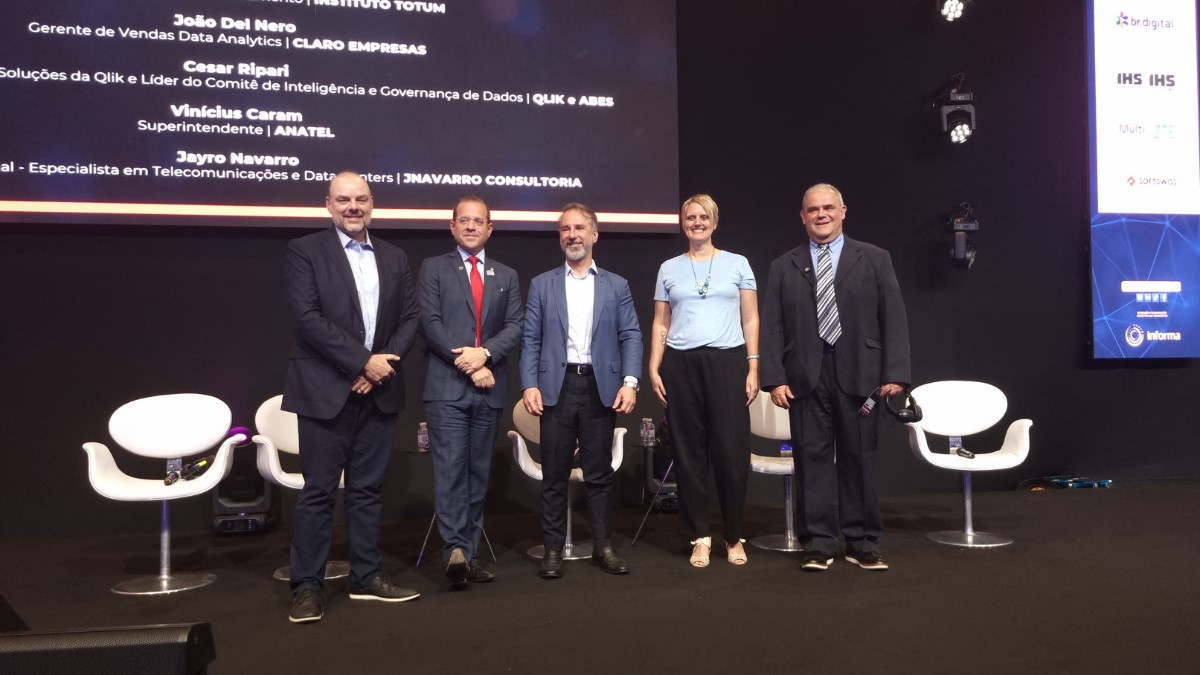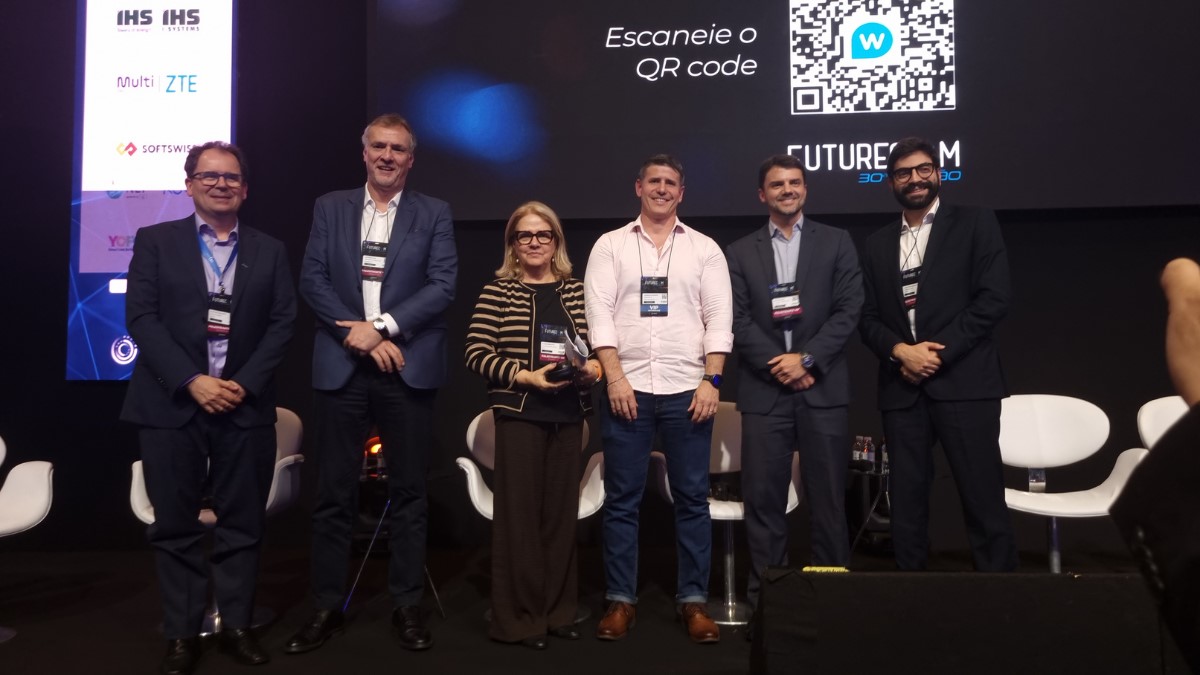
Futurecom 2025, Latin America's leading connectivity and innovation platform, hosted a very important debate on the National Artificial Intelligence Plan (PBIA) and the Brazilian digital competitiveness. Held on October 1st, the panel brought together representatives from the government, academia and the private sector to discuss advances, challenges and, most importantly, the need for a AI Legal Framework balanced and effective.
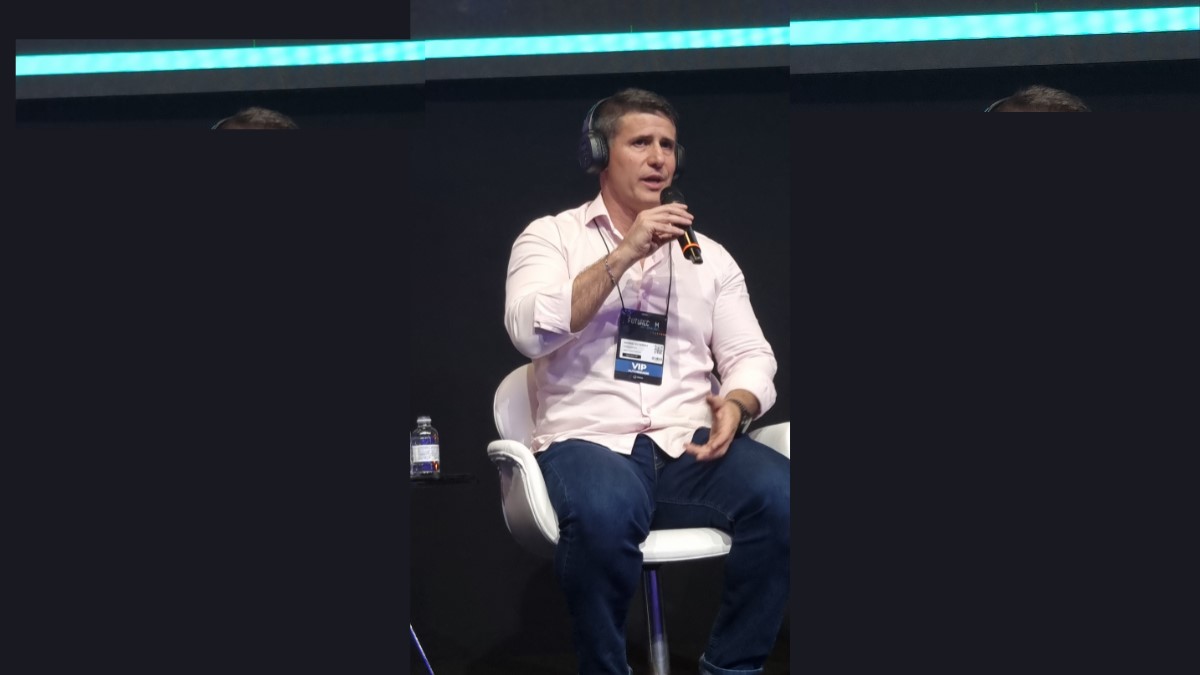
The president of ABES, Andriei Gutierrezexpressed concern about the current text of the bill currently under consideration in the Senate. He believes that the European legislation, which focuses on privacy, does not consider the specificities of the national ecosystem. "AI is a moving object and cannot be restricted. The bill mentions AI agents, but empowers a central regulatory body, creating overlap with other agencies, such as Anatel and the Central Bank. This creates more bureaucracy and overburdens small and medium-sized companies, which represent 77% of our members," warned Gutierrez, who advocated for more flexible legislation and principled, allowing agencies in each sector to regulate AI more appropriately.
This vision of a principled framework was corroborated by Gustavo Nery, gives National Telecommunications Agency (Anatel), which also highlighted the telecom infrastructure as a fundamental pillar for the advancement of AI in Brazil.
PBIA and people training
Affonso Nina, president of Brasscom, agreed with the urgency of a law that guarantees legal clarity and foster technological development. However, he argued that regulation should focus more on usage and application rather than on development itself, distinguishing AI models from their applications. "It's important for Brazil to have sound AI legislation that provides legal certainty and fosters development. The bill has made progress in the Senate, but there are still points that are not adequate," Nina stated.
On the government side, Eliana Emediato, of Ministry of Science, Technology and Innovation (MCTI), detailed the progress of the PBIA. According to her, 56% of the actions outlined in the plan are already underway, including the organization of financing lines under the responsibility of FINEP. "Brazil needs to invest in its computing infrastructure, have trained people, and invest in projects," she noted.
The formation of human capital was the highlight for the Prof. Carlos Nazareth Motta Marins, gives INATEL FOUNDATIONHe classified training people to work with AI as the "most Herculean task of the PBIA," aiming at the long-term goal of making Brazil a technology exporter.
The debate, moderated by Luis Fernando Prado, gives Brazilian Association of Artificial Intelligence (ABRIA), reinforced the complexity of creating a regulatory framework that protects citizens, but that does not hinder innovation in a sector undergoing such rapid transformation.
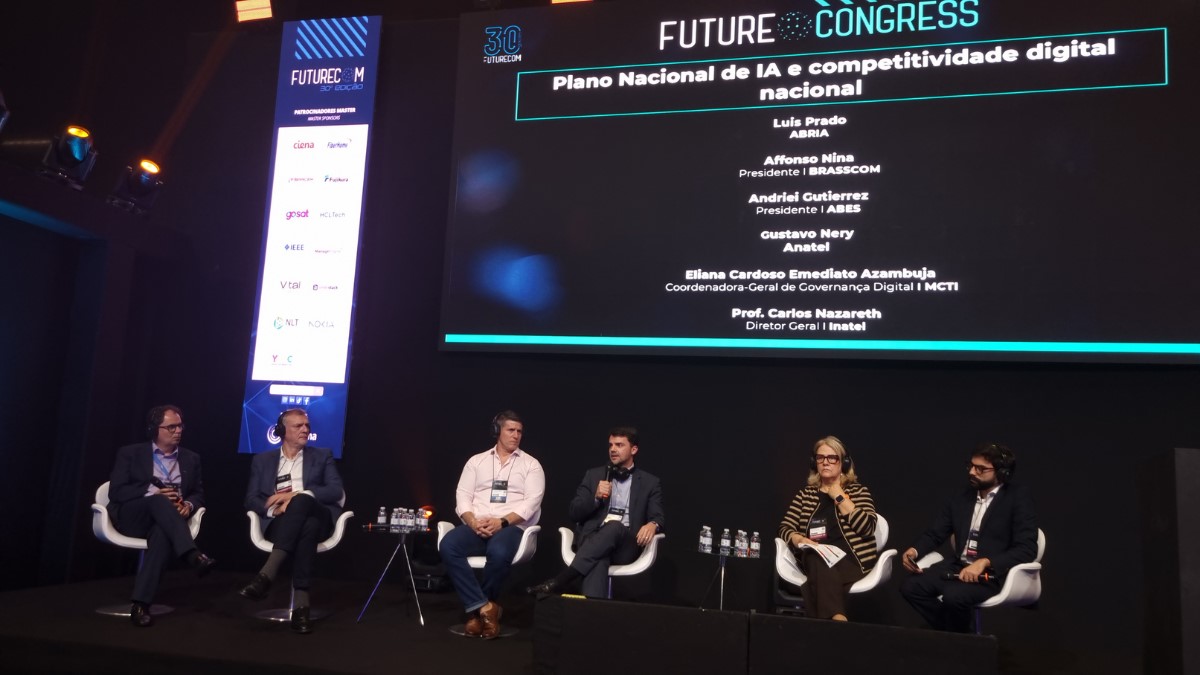
Other ABES highlights at Futurecom
In addition to the panel on the AI Framework, several other ABES members participated in relevant discussions at the event, reinforcing the association's work on strategic technology and connectivity fronts:
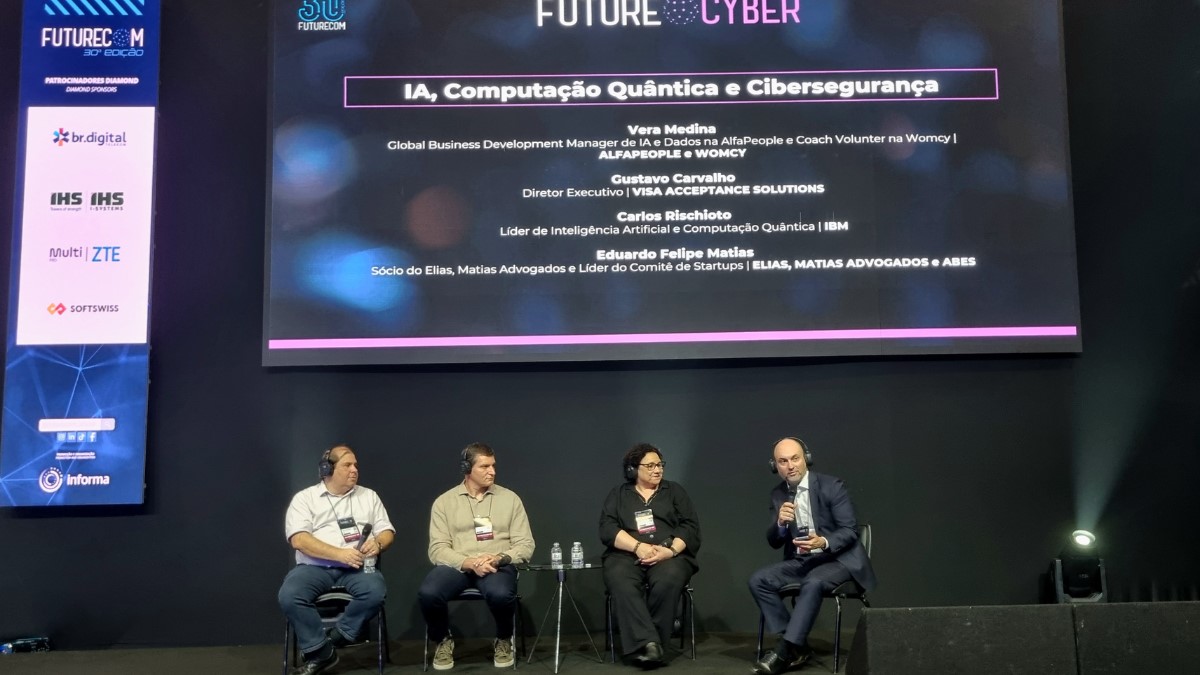
|
Member of ABES |
Panel / Theme |
Function |
|
Camila Cristina Murta |
Digital Literacy and Connected Education |
Panelist |
|
Diogo Vasconcellos |
Emerging Threats and Security Trends |
Panelist |
|
Jamile Sabatini Marques |
Innovation Hubs |
Panelist |
|
Carlos Sampaio |
Cloud Security |
Panelist |
|
Rodolfo Fücher |
DATA CENTERS: The industrial revolution in Brazil |
Panelist |
|
Eduardo Paranhos |
CyberSec + Generative AI |
Panelist |
|
Eduardo Felipe Matias |
AI, Quantum Computing and Cybersecurity |
Moderator |
|
Cesar Ripari |
Public Efficiency: The use of data in the automation of Smartcities |
Panelist |
|
Fernanda Arbex |
Acquisitions of emerging technologies and public procurement |
Moderator |
|
Daniella Caverni |
Governance and Ethical Challenges: How to Act? |
Panelist |
|
Thomaz Côrte Real |
Public-Private Collaboration in Digital Security |
Panelist |
|
Cibele Perillo |
Digital Citizenship: Blockchain and AI in Fraud Control |
Panelist |







